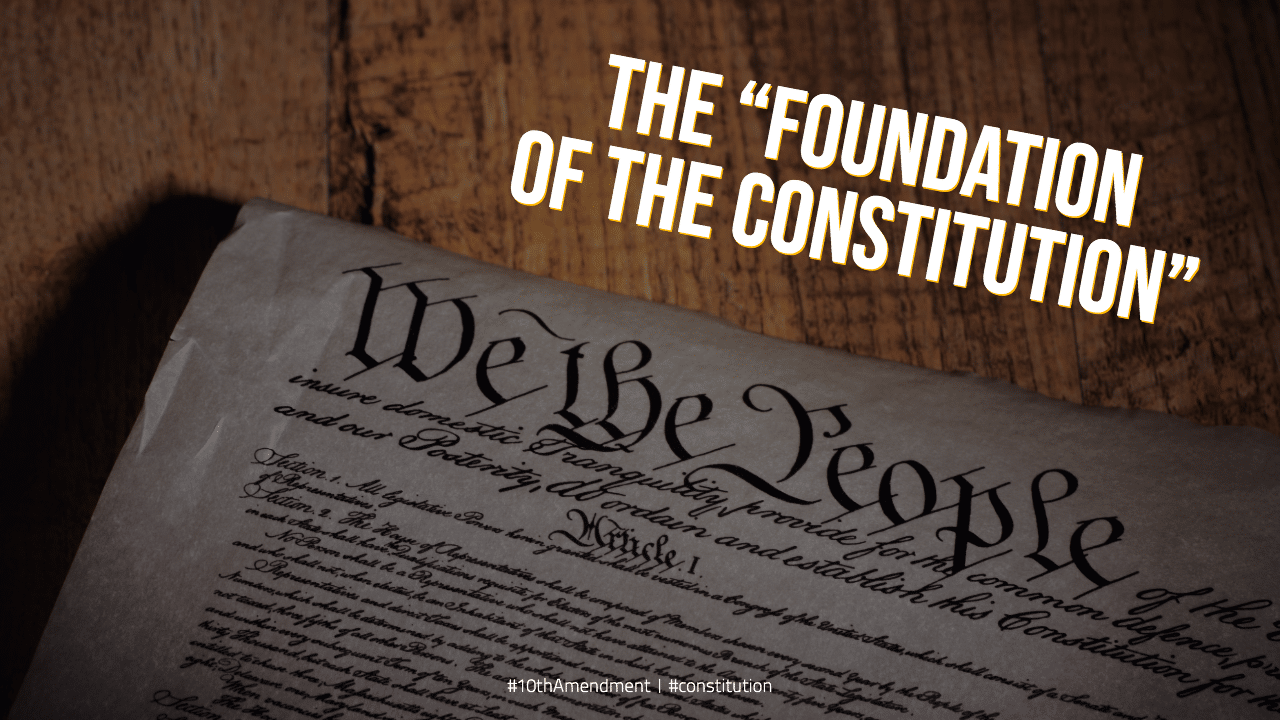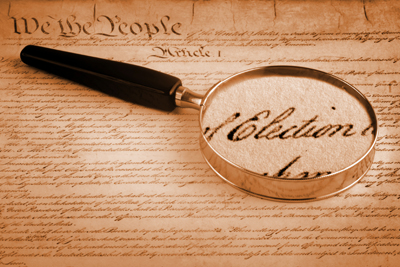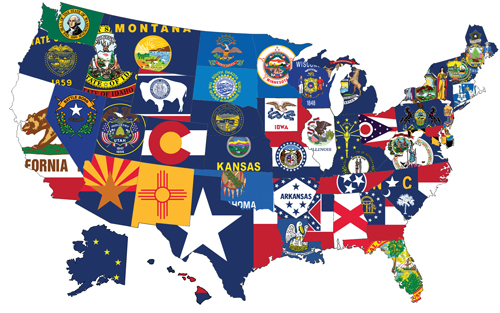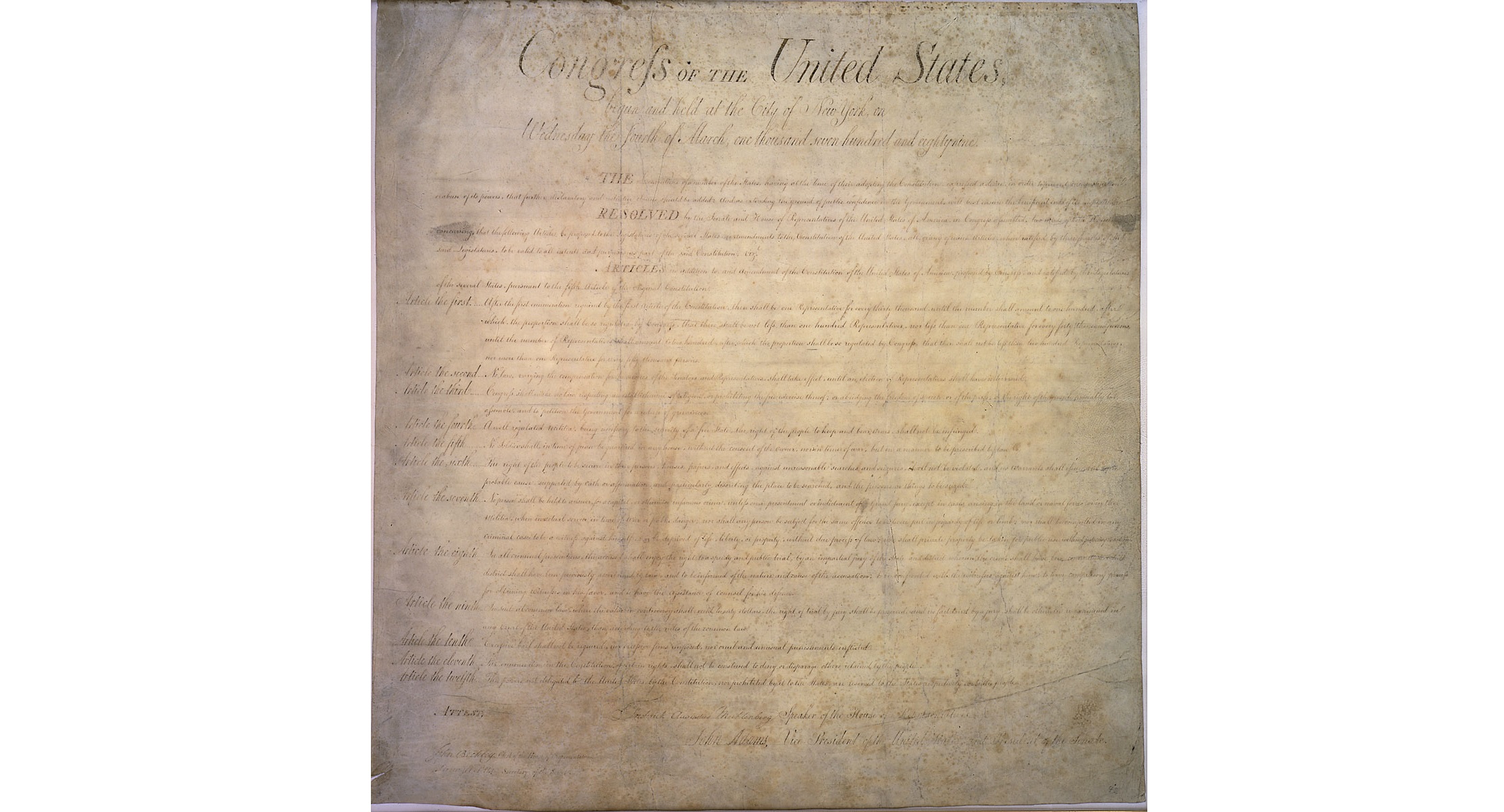I recently appeared on the Tom Woods Show to talk about my new book, Constitution Owner’s Manual: The Real Constitution the Politicians Don’t Want You to Know About.” Tom called it “the best short introduction to the real Constitution, as opposed to the one taught in law school and the New York Times.” Tom and I..
Read moreBaseball, The Constitution and a Lawyer You Can Trust: Thoughts from Maharrey Head #108
"10 Minutes Closer to Freedom" Last week, I warned you about trusting lawyers to explain the Constitution. On this week's episode of Thoughts from Maharrey Head, I'm going to make an exception to that general advice. I'm also going to explain what a baseball rule can teach us about constitutional interpretation. You can subscribe to Thoughts..
Read moreLooking Through the Proper Constitutional Lens
Most Americans believe a Supreme Court opinion automatically makes a given federal action constitutional, even though they have no clue about the actual constitutional issues involved. They are looking through the wrong constitutional lens. For most, it’s not even that they read the court’s opinion and agree with the reasoning. No, they just automatically assume..
Read moreBeware of J.D. Impairment – Lawyers Don’t Necessarily Know the Constitution
When it comes to constitutional issues, most lawyers in America suffer from what I call J.D. impairment. I don't mean to disparage lawyers. But by and large, they don't have a clue about the actual meaning of the Constitution. Of course, most Americans don't have a clue either. What makes this particularly problematic when it..
Read moreConstitution 101: Was the Bill of Rights Meant to Apply to the States?
Last week we began examining the Bill of Rights. This week we will address a specific question: was the Bill of Rights intended to apply to the state governments? Some people argue that it was. They concoct some interesting arguments based on “rules of construction” or approach it through various philosophies of rights and liberty..
Read moreConstitution 101: The Bill of Rights
I was originally planning on looking at the Second Amendment this week, but it occurred to me that we should examine the Bill of Rights more generally before digging into specific provisions. Adding a declaration of rights to the Constitution was a condition of ratification for several states, and five state ratification documents included specific..
Read moreConstitution 101: What Does it Mean to ‘Declare War?’
In last week's Constitution 101 article, we looked at war powers and determined that it was the role of Congress, not the president, to initiate war. Article I Sec. 8 delegates Congress the power to “declare war.” Article II Sec. 2 designates the president “Commander in Chief of the Army and Navy of the United..
Read moreConstitution 101: War Powers
Over the last several weeks, we’ve looked at the “general welfare,” “necessary and proper,” and “commerce” clauses, three constitutional provisions often used by progressives to expand federal power, and we established what those clauses actually mean. While liberal constitutional interpreters abuse those clauses, scholars and politicians have utterly disregarded the proper understanding of war powers...
Read moreConstitution 101: The Commerce Clause
This week, we continue looking at constitutional clauses often misconstrued to give the government more power than intended. Two weeks ago, we started with the general welfare clause, and last week we followed up with the necessary and proper clause. This week, we will take up probably the clause most often used to justify federal..
Read moreConstitution 101: Necessary and Proper, Not Anything and Everything
Last week, we considered the first of several constitutional clauses often misinterpreted to expand federal power. We started with the “general welfare clause,” and established that it does not give the federal government the authority to do anything and everything that might promote the general welfare of the United States. This week we take up..
Read more









